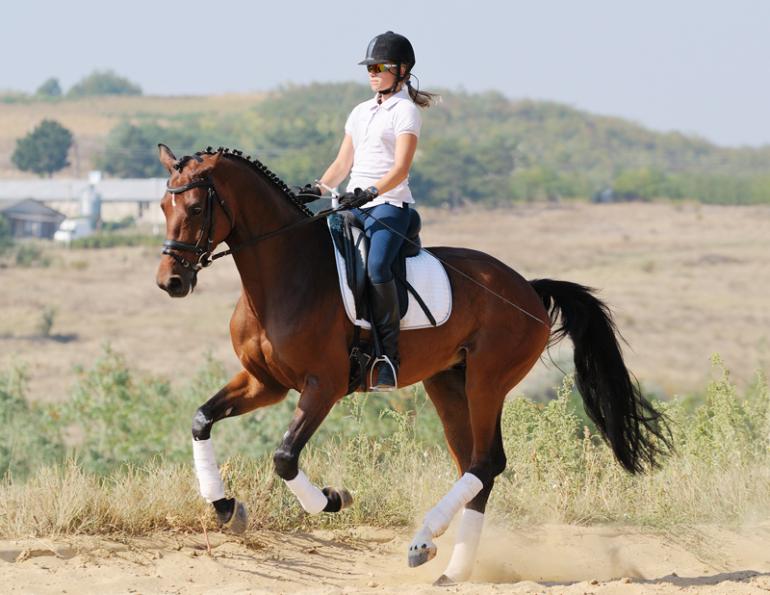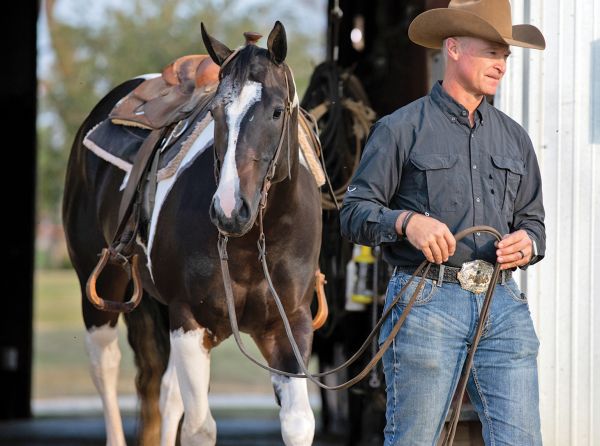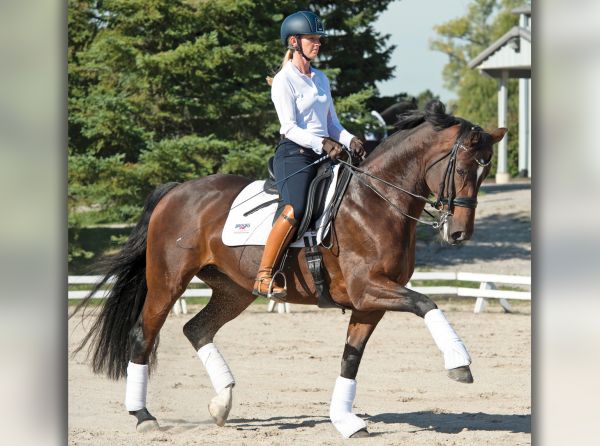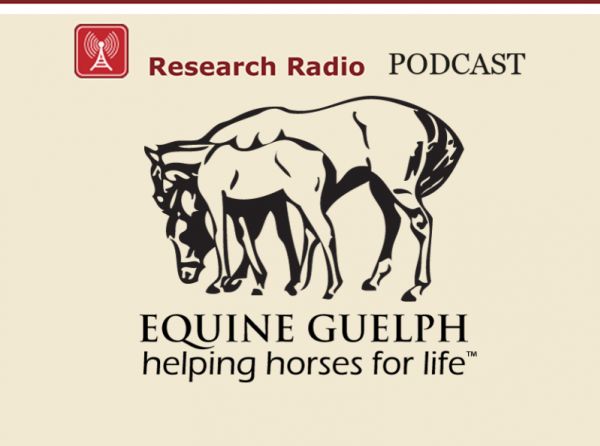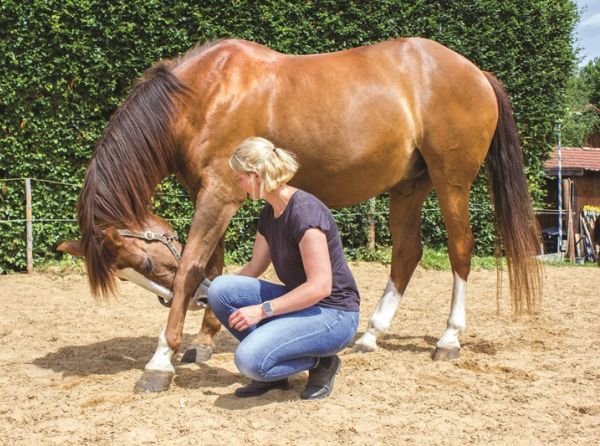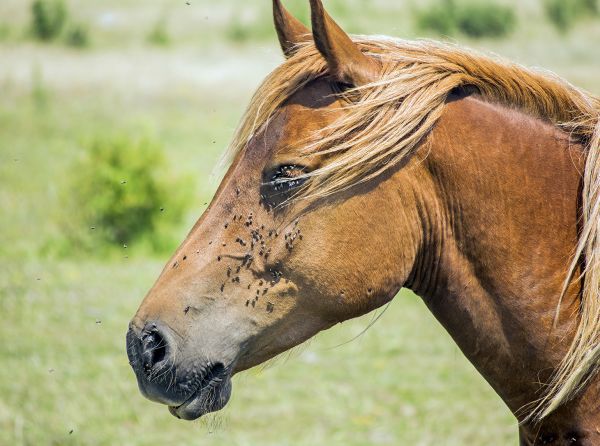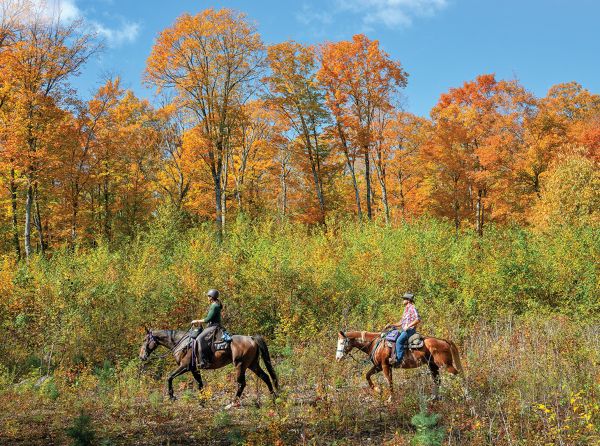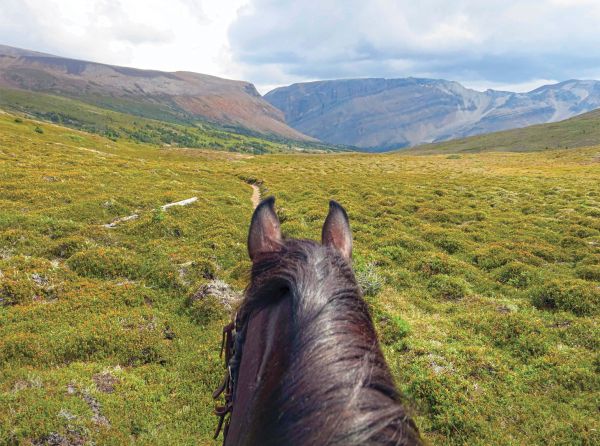Source: Horses and Humans Research Foundation
Principal Investigator Katrina Merkies of the University of Guelph shared the following findings from her team’s HHRF-supported project which asked: “Can horses distinguish between neurotypical and mentally traumatized humans?”
Equine-assisted activities rely on appropriate pairing of a horse with a human participant to extract applicable learning opportunities that enable the participant to benefit fully from the interaction with the horse. Facilitators need not only to know the temperament of the horses at their disposal, but also to understand how certain human traits or actions affect the behaviour of the horses. Some criticisms of research studies in this area target the (unproven) assumption that horses will respond differently to humans with psychological/emotional issues (e.g., PTSD) than to humans not experiencing any psychological trauma - the implicit belief that the horse “intuits” the needs of the emotionally-challenged human and responds benevolently.

As a foundational pilot study to expand research of behavioural responses of horses in equine-assisted settings, this project paired four humans with clinically-diagnosed PTSD to four neurotypical control humans similar in age, height, weight and familiarity with horses. The PTSD subjects interacted in a round pen for two minutes with each of 17 different therapy horses.
Following an instructional session with a professional acting coach, the control humans then interacted with each of the therapy horses, moving their bodies in the same manner as their paired PTSD subject. Both horses and humans wore a heart rate monitor, and all sessions were video-taped for retrospective analysis of horse behaviours. Results showed that horses carried their head higher with PTSD subjects (a behaviour related with stress), but otherwise did not respond differently to PTSD subjects compared to control. However, the presence of any human caused horses to move slower, vocalize less, chew less and decrease heart rate - all signs of a more relaxed state. The length of time a horse had been used in a therapy setting only affected vocalizations, with less experienced horses vocalizing more. Interestingly, horses approached quicker, oriented their ears toward, and stood closer to humans who were more experienced with horses, although horse heart rate was lower when with inexperienced humans. This could indicate that horses are more attentive toward experienced humans, perhaps in the expectation of work, whereas horses can be more relaxed when with inexperienced humans. These results are useful to inform practitioners of behavioural responses of horses used in equine-assisted activities, as well as to justify experimental protocols for future research in this area.
Read the full report HERE.
Photo: Shutterstock/Grigorita Ko




